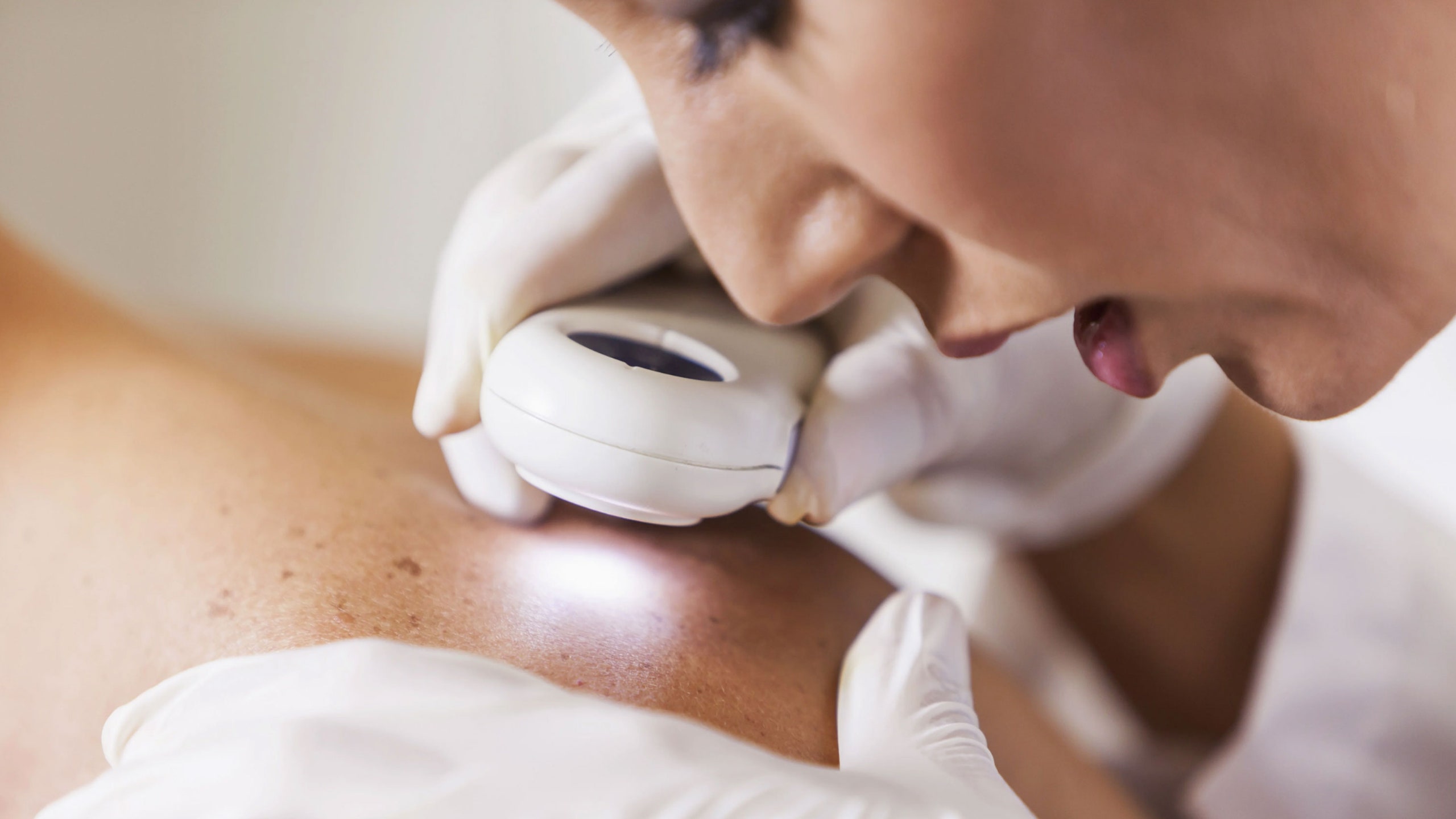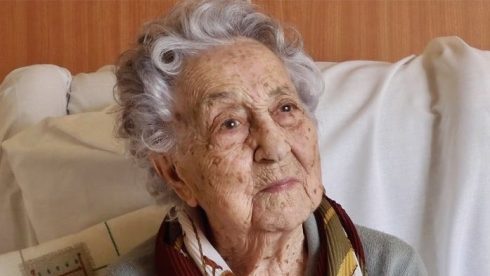RESEARCH from the Spanish Academy of Dermatologists has discovered possible links between visable skin conditions and COVID-19 infections.
Tests carried out on 375 different subjects across Spain, some of whom were suspected of, or carried the coronavirus genome, revealed that a percentage of patients displayed unexplained skin eruptions within the past two weeks.
In total 120 images were viewed by the dermatologists without knowing the patients’ backgrounds or previous medical conditions.
Using diagnosis systems outlined in the British Journal of Dermatology, scientists discovered the results could be separated into five common skin conditions, which were then cross-referenced with patients with COVID-19.
Around 19% of patients displayed chilblain-like symptoms on their hands and feet, which were found to last on average 12 days and be linked with milder forms of the COVID-19 virus.
A further 9% were found to have vesticular eruptions in the form of small, itchy, blood-filled blisters most commonly on their abdomen and waistline.
On average these last 10-11 days and was most common in middle aged patients who contracted intermediate forms of the virus.
Another 19% suffered from urticarial lesions which manifest in nettle-like rashes with pink or white raised areas of skin.
Traces of maculopapules and pityriasis rosea were also found in 47% of subjects.
Older patients were also found to have livedo or necrosis of the skin, caused by improper blood flow to certain areas of the body. This was present in 6% of cases.
Researchers were quick to point out however that both maculopapules and pityriasis rosea are very common and can flair up for a number of reasons so they are not a solid indicator of contracting the virus.
They also added that their studies were purely to help understand some of the symptoms not currently known of the coronavirus, and are not encouraging people to self diagnose based on what can be fairly common skin conditions.
“Anyone who is concerned with unknown rashes or marks on their skin should consult medical professionals immediately and to not take matters into their own hands,” read the report.









